Indian football has been mired in crisis for quite some time now, with the All India Football Federation in disarray and the Indian Super League – the country’s top division of men’s football – currently in a state of limbo. And the chaos at the top ends up affecting the performance on the field, which has largely been underwhelming with the occasional flashes of brilliance.
The Indian women’s team had made history recently by qualifying for next year’s Asian Cup on merit for the first time ever. The same, however, cannot be said of the men’s team, who failed to qualify for the continental event after an underwhelming qualifying campaign.
Facing Singapore – a team that’s ranked 24 places below them on the FIFA rankings – in a crucial home game in Goa on Tuesday, the Blue Tigers failed to finish on the right side of the result despite seizing the lead as early as the 14th minute.
Also Read | Indian football crisis: The buck doesn’t stop at players, the system is rotten to its core
India’s perception as a sporting nation takes a major hit when one realises that the cricket-mad nation of more than a billion people cannot field a football team that’s competitive enough to participate in the FIFA World Cup, with the Blue Tigers yet to make an appearance in the tournament. And it only gets worse when one realises that it doesn’t even rank among the top-20 teams in Asia, with India failing to qualify for the Asian Cup for the first time since it was expanded to 24 teams in 2019.
And then there are countries such as Cape Verde, an African island nation with a population slightly above the half-a-million mark that is set to make its maiden appearance in the biggest and the most prestigious football tournament of them next year.
How Cape Verde qualified for its maiden World Cup appearance
Cape Verde had only made its maiden appearance in the Africa Cup of Nations in 2013, reaching the quarter-finals on debut and finishing seventh in the event. It would finish as high as fifth in the same event a decade later.
And on Monday, the island country experienced what some are describing as the most historic moment since their independence from Portugal in 1975 after their 3-0 victory over Eswatini, becoming the smallest country after Iceland – which has a population just above 350,000 and had debuted in 2018 – to feature in the mega tournament.
Apito final e o Estádio Nacional de Cabo Verde vai ao rubro 🤩🤩#sporttvportugal #QualificaçãoMundial2026 #CaboVerde pic.twitter.com/tcVbhvmW5a
— sport tv (@sporttvportugal) October 13, 2025
Cape Verde – officially known as Cabo Verde – began their journey towards their historic qualification for the World Cup with a goalless draw against Angola on 17 November 2023, and collected their first victory by defeating Eswatini 2-0 in their next outing four days later.
The Blue Sharks suffered a setback in their next round of fixtures in June last year, suffering a 1-4 hammering at the hands of Cameroon before beating Libya 1-0.
They could register back-to-back wins for the first time in their qualifying campaign in March this year – defeating Mauritius 1-0 before collecting a 2-1 triumph in their rematch against Angola. They would then complete a double against Mauritius with a 2-0 victory before stunning the five-time African champions Cameroon 1-0 in their rematch.
In their final Group D fixtures in Round 1 of the African World Cup qualifiers, Cape Verde played out a high-scoring 3-3 draw against Libya before thrashing Eswatini 3-0. The latter ended up sealing the Cape Verde’s historic appearance in next year’s World Cup – which will be co-hosted by USA, Mexico and Canada – on the former Portuguese colony’s 50th anniversary of independence.
“Giving this happiness to these people is enormous,” head coach Bubista told BBC. “It’s a special moment in this celebration of the 50th anniversary of our independence.”


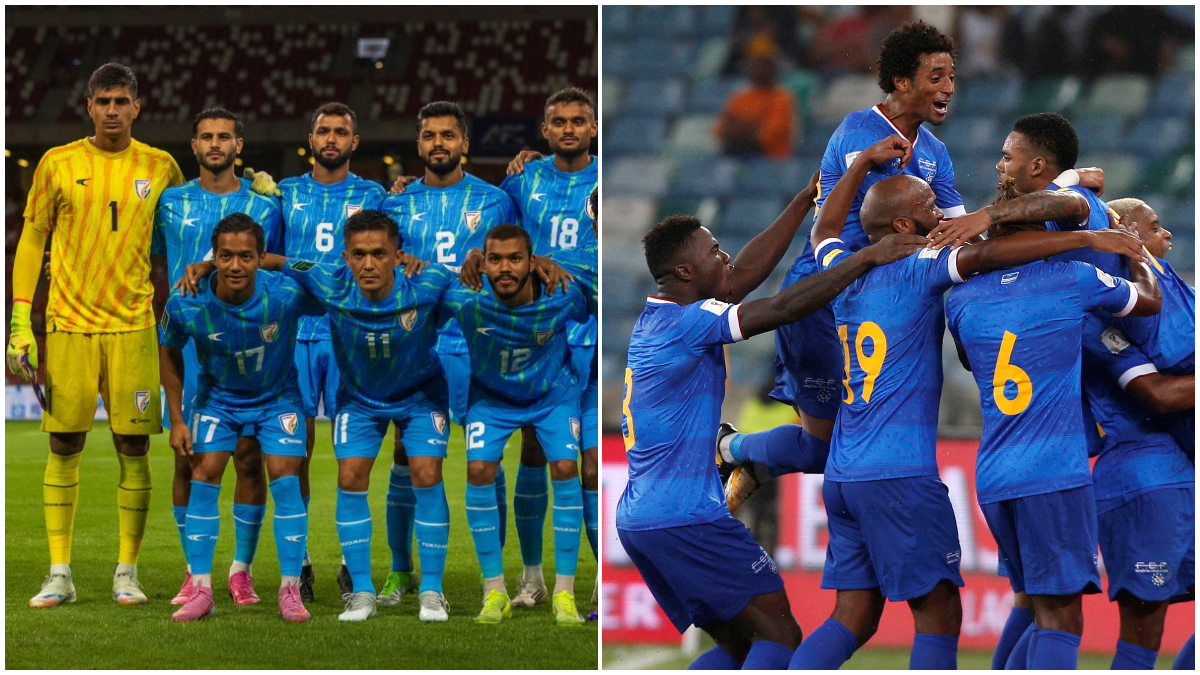)
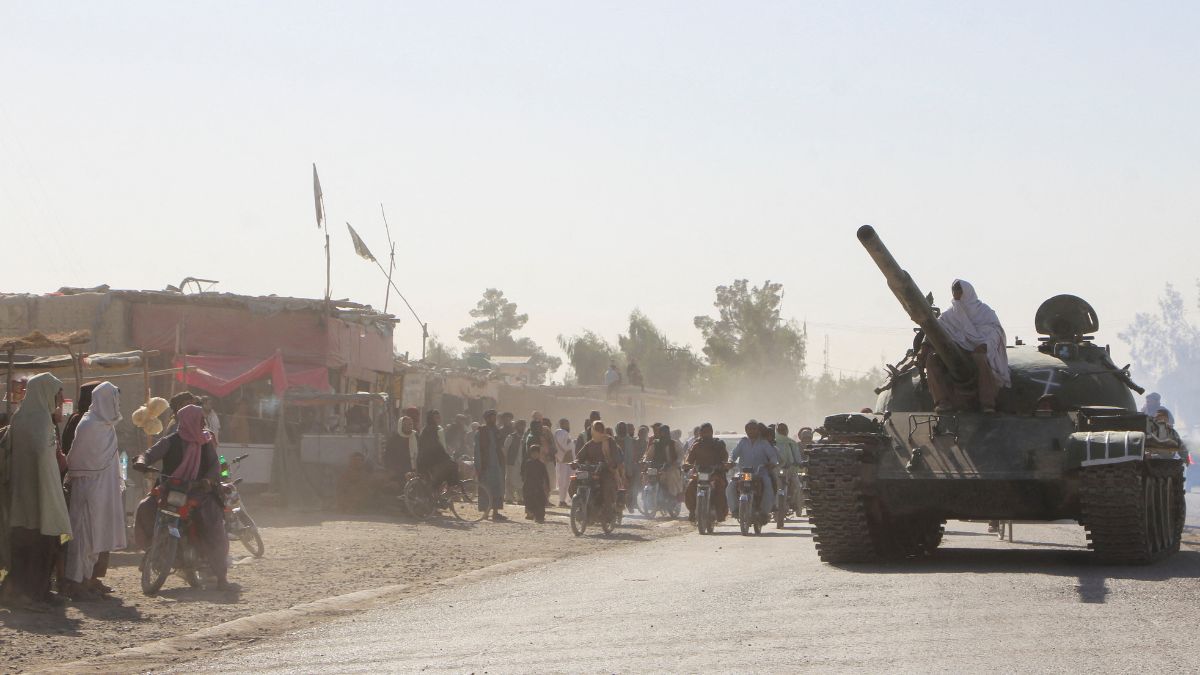)
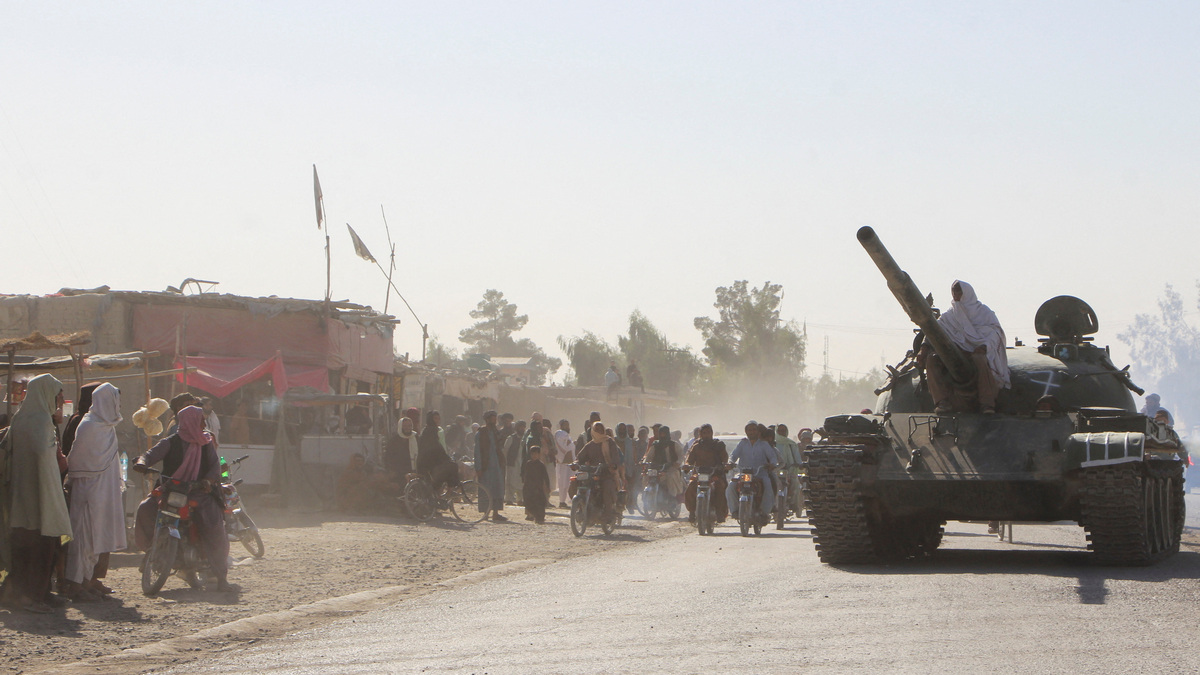)
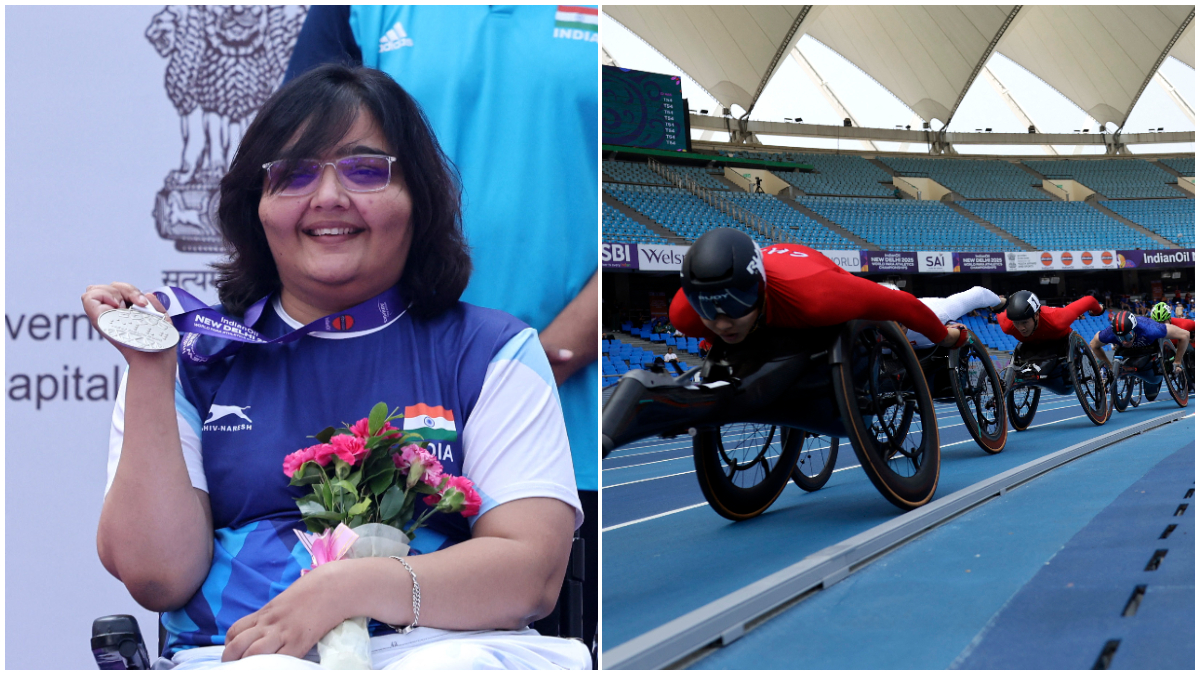)
)
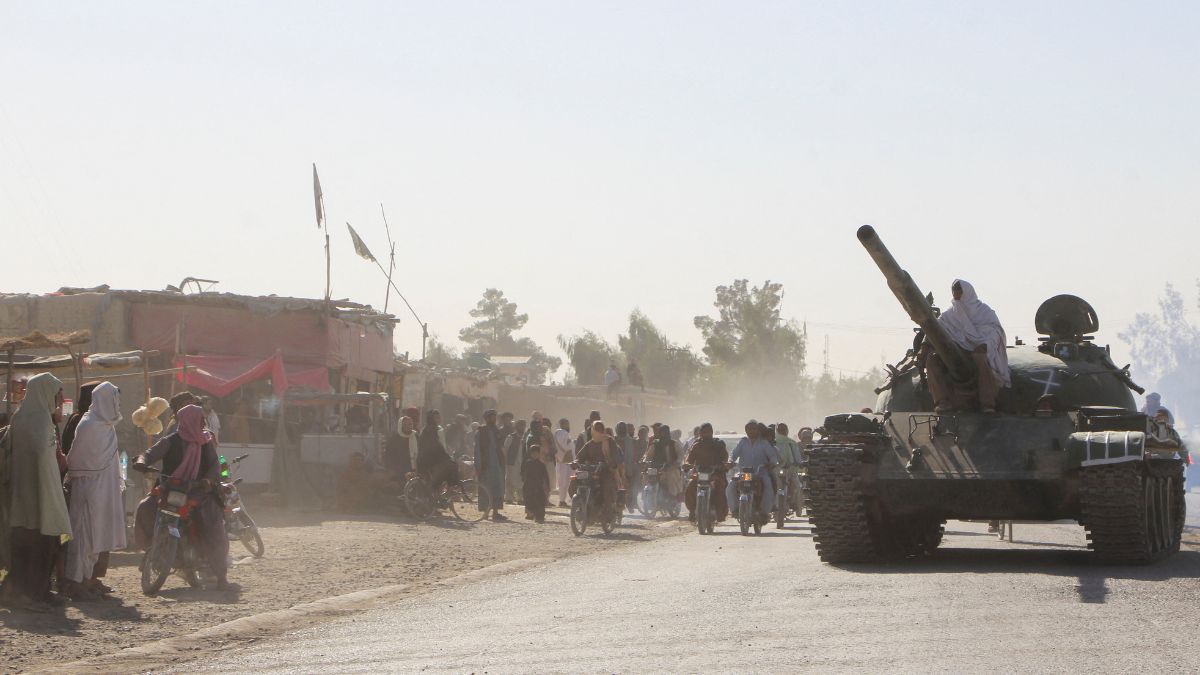)
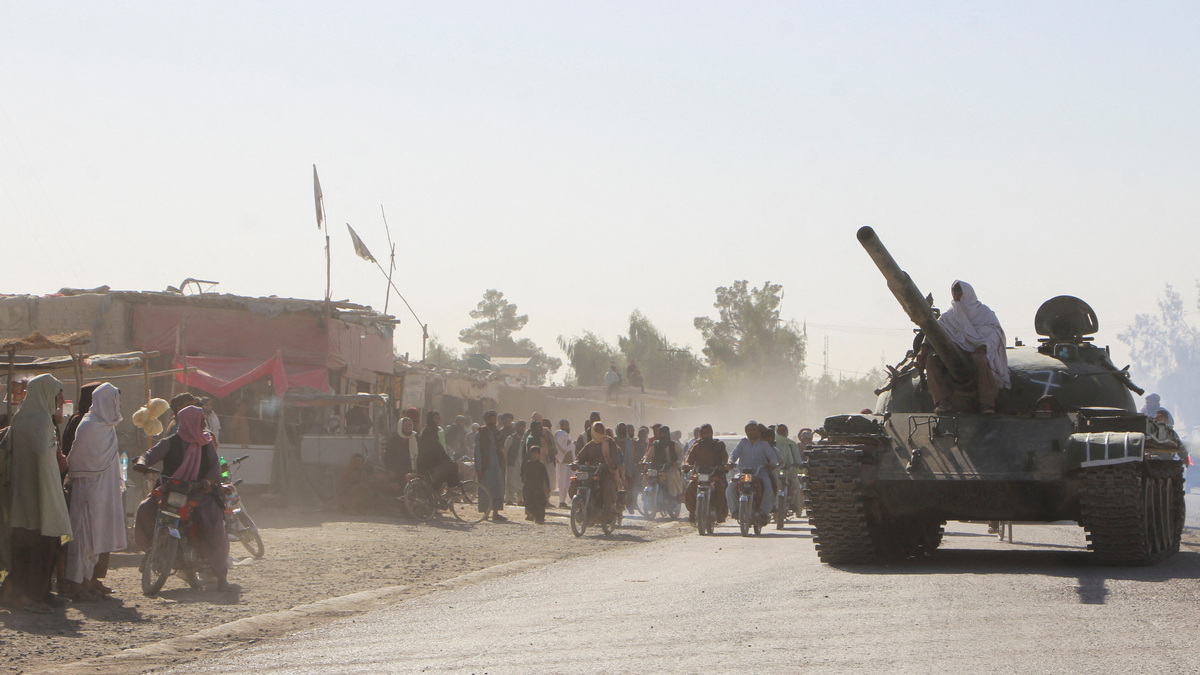)
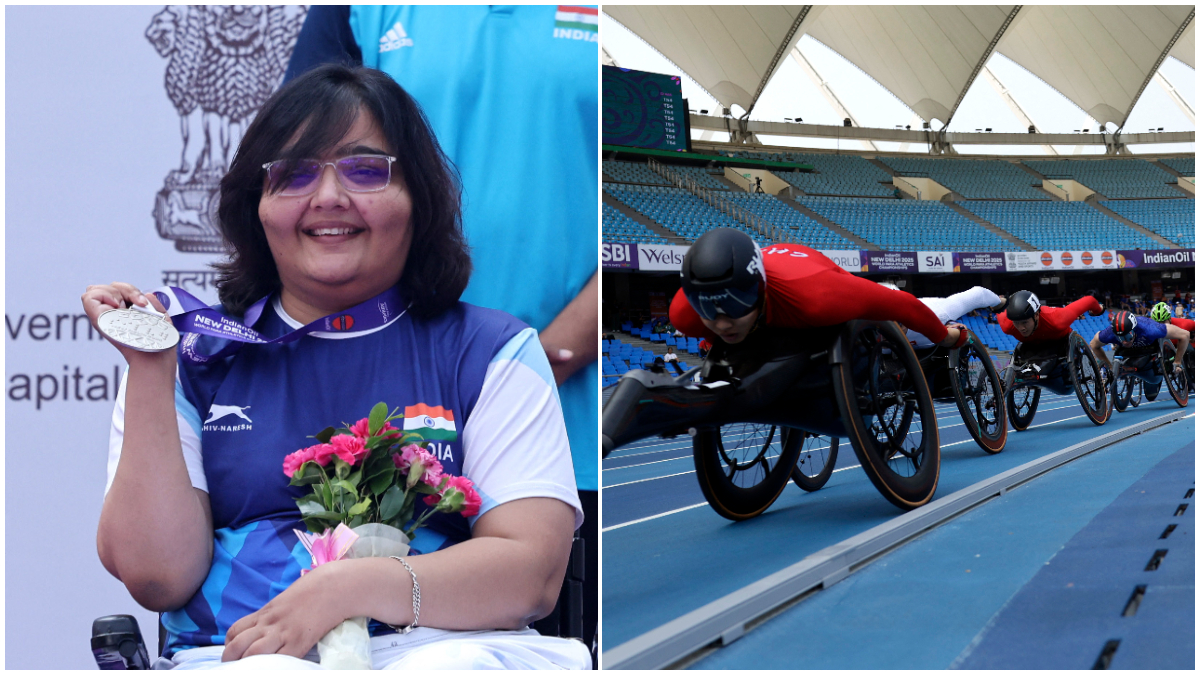)
)



